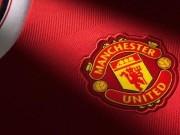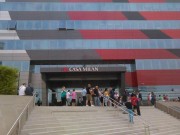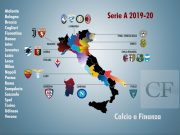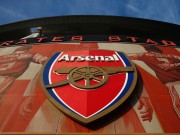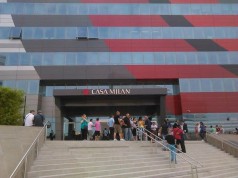What relationship is there between a club’s sporting and financial performance? We asked ourselves this and have tried to answer it by comparing the statistics from the 2015/16 Champions League and the clubs’ respective turnovers.
In the 2015/16 Champions League, 72.5% of games were won by the team with the largest revenue (with the exception of the final, draws were excluded from this statistic).
In the group stage and in the knockout stage, the respective results were 71.3% and 75% (100% in the round of 16 and in the final, 50% in the quarter finals and in the semi finals). The knockout stages have been treated as a single game, rather than calculating each leg individually.
In the group stage, there was clear variation among the groups: from 91% of games won by the team with the biggest revenue in Group A, made up of Real Madrid, PSG, Shakhtar Donetsk and Malmo, in which two teams had a vastly superior turnover compared to the other two; to 50% in Group B, which included Wolfsburg, PSV, Manchester United and CSKA Moscow. This was heavily affected by the poor performance of Manchester United, who only won twice despite having revenue almost eight times that of their rivals, and Wolfsburg’s impressive European campaign.

In seven of the eight groups (87.5%), the team with the highest turnover won their group; the one exception was Manchester United. If we consider the teams that finished in 1st and 4th, i.e. the most extreme positions where the differences in revenue should be most obvious, they correspond with the group’s ranking by turnover in 81.3% of cases.
In 65.6% of cases, clubs’ final group stage positions match where each team would finish if the group was sorted by revenue.
In three of the eight groups (Groups A, E and F), the two rankings match perfectly. In one group (Group D), three of the four teams’ finished in places corresponding with their financial ranking.
In three groups (Groups B, C and G), this was the case for two of the four clubs. In Group B, the Manchester United’s poor performance was a decisive factor, given that they were the top ranked side in the group financially (the second richest club overall) but only managed to win twice. Groups C and G saw two clubs with minimal differences in their turnover swap positions. In Group H, there was only one team who finished in the same position as would be suggested by their turnover: Zenit, who finished top.

75% of the teams who qualified for the Round of 16 (12 of the 16 sides) were one of the top two clubs in their group by revenue; only 25% of teams who were either 3rd or 4th in their group based on their turnover made it through to the next stage (Wolfsburg, Benfica, Dinamo Kiev and Gent).
Looking at the knockout stage, in the Round of 16 every club who had the bigger turnover of the two sides won their tie to qualify for the next round. Considering both home and away legs (not included in the overall figures), the teams with the higher revenue won 12 of the 16 games in the Round of 16 (75%), drawing the other four (25%).
In the quarter finals, in two of the four ties the club with the highest turnover qualified for the next round (50%). Taking into account the two legs, the team with the biggest turnover won three of the eight games (37.5%), drew two (25%) and lost three (37.5%). However, one of the three defeats (Real Madrid’s against Wolfsburg) had no effect on the other team progressing.
In the semi finals, of the top two clubs by revenue one qualified for the final (50%); the two finalists won two of their four games (50%), one game was drawn and the other was lost (25%).
The final saw Real Madrid beat Atletico Madrid (even if it was only on penalties), abiding by the teams’ respective financial revenue as a result.

This analysis has confirmed the direct correlation between clubs’ financial capacity and their resultant performances on the pitch. The two aspects, in the majority of cases, go hand in hand.
This doesn’t exclude the possibility of there being exceptions to the rule; take Atletico Madrid, for example, who have been able to reach the Champions League final twice in three years. But they are only exceptions to the rule of ‘more revenue=more results’, or ‘more results=more revenue’. These simple equations can lead to an upward spiral for some clubs, but the inverse results in a downward spiral for many others (the vast majority).
A club’s turnover has a direct correlation with players’ wages, which, together with amortisation following a player’s transfer, make a decisive contribution to any team’s firepower.


